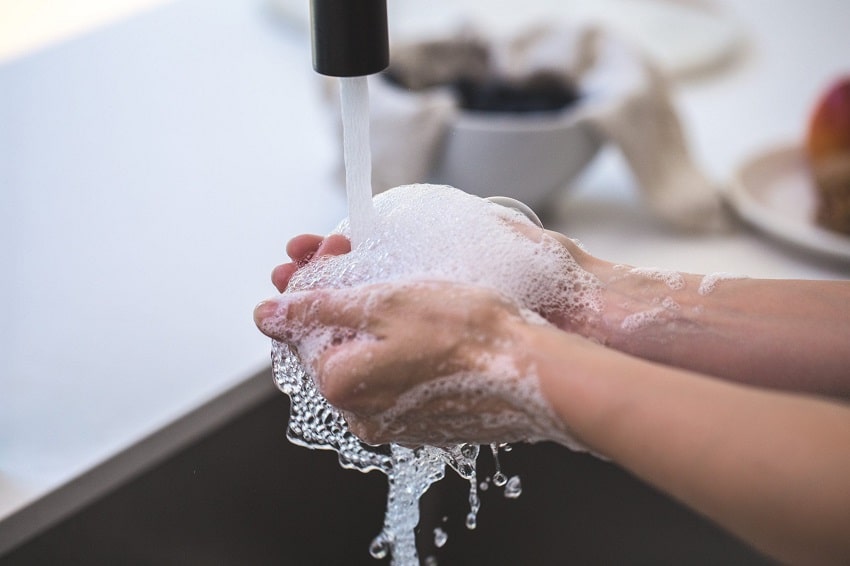The most basic thing one can do to avoid getting ill and spreading germs is to keep their hands clean. Although hand washing is incredibly beneficial, according to a report, there has been no significant increase in Australians cleaning their hands since 2019. More than 40% of Australians do not usually wash their hands before eating, and men were less likely to always wash their hands before handling food than women. Men accounted for 53% of the total, while women accounted for 62%. According to findings, more Australians are placing themselves at risk of food poisoning, with a dip from 63 per cent to 58 percent of respondents always cleaning their hands before eating. It is incredibly helpful to one’s health to use Australian hand wash; the benefits include:
Maintains the health of your workplace:
Anyone who has ever worked understands how quickly illness can spread in the office. When one of your coworkers becomes ill, it doesn’t take long for everyone else to catch a cold. Washing hands can significantly reduce the transmission of illness and even help prevent infection in the first place.
Food-borne infections are less common:
Improper handwashing is the source of nearly all food-borne diseases. And it’s not just in strange restaurant kitchens that this happens. It would help if you also washed your hands before and after food preparation and serving at home.
Reduces the chance of remaining microorganisms surviving:
Bacteria have existed for billions of years on this planet. They have perfected the art of surviving. If you don’t wash your hands, don’t expect them to become extinct. They can live for days on your hands, hiding in your nails and cuticles.
Aids in the fight against antibiotic resistance:
Hand washing properly can reduce stomach and respiratory diseases by up to 30%. Antibiotics are frequently used unnecessarily to treat illnesses that are caused by viruses rather than bacteria. Antibiotic resistance develops due to widespread misuse, making diseases more difficult to treat around the world.
Maintains the health of children:
In childcare centres, schools, and at home, teaching kids how to clean their hands correctly can drastically reduce the spread of illness. Daily, young kids make contact with numerous different surfaces and things. Keeping those hands clean and free of germs is beneficial to children, teachers, parents, and everyone!
Prevents diseases from entering the body through the eyes, nose, and mouth:
People touch their eyes, nose, and mouth around four times every hour, whether they realise it or not. This results in countless opportunities for bacteria to infiltrate our bodies and infect us. Hand washing thoroughly minimises the chances that these harmful germs will make their way near your face.
Handwashing advice for children
It might not be easy to encourage youngsters to clean their hands properly, whether you’re a schoolteacher, a caretaker, or a parent. Here are a few pointers that might be useful:
- Choose a song that your child enjoys and have them perform it while rinsing their hands. If the song is only a few minutes long, have them perform it twice. They can do it twice: once in their style and once as a favourite character.
- Make up a rhyme or poem that incorporates all of the stages of proper handwashing and perform it frequently with your child, particularly after using the restroom and before eating.
- At home and school, make sure the basin is within reach of small legs and hands.
- Make use of amusing soaps. Foam, colour-changing liquid soap, and those with kid-friendly smells or vividly coloured packaging are examples.
- While handwashing, play a game of thumb war with your youngster.
Stopping the spread of disease-causing germs, including COVID-19, is as simple as cleaning your hands with Australian hand wash and running water. Handwashing is essential before and after preparing food or eating. For the most part, ordinary, non antibacterial soap is sufficient.



